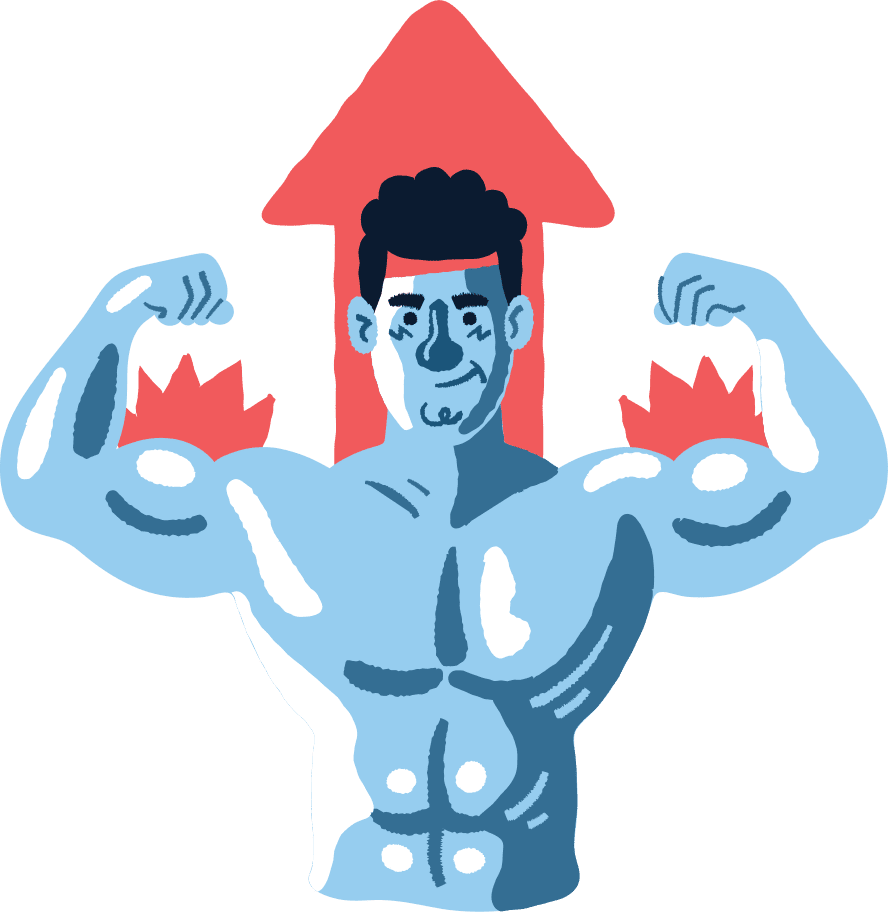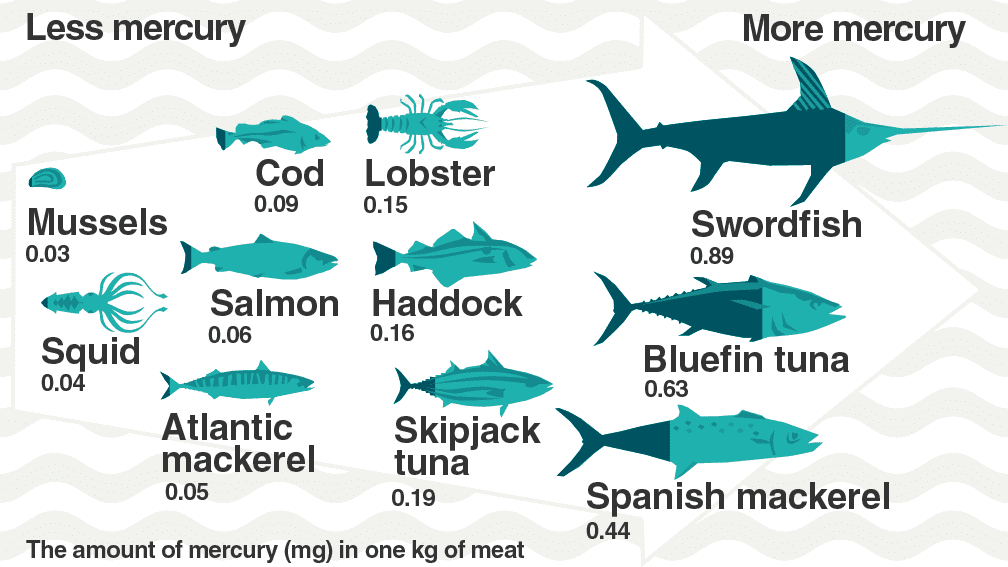
Diet, supplements and lifestyle changes
The information presented here does not constitute medical advice, and is not intended to be a substitute for a consultation with your medical doctor.
Although you should always talk to a doctor to see whether abnormal blood test results may be a sign of serious disease, some biomarkers are safe to act on on your own.
Below are some examples of nutritional supplements and lifestyle changes that can help you get in better shape.
Vitamin D
Vitamin D is an essential nutrient that helps your body absorb calcium, and maintain healthy skin and bones. It is also linked to fatigue, muscle pain as well as getting ill more often.
Vitamin D is produced by the skin from sunlight and the vast majority of the population is deficient.
This is particularly true in northern countries, during winter months, and in older individuals whose skin becomes less efficient at making the vitamin.
But, before you run to the nearest beach, note that most cancer researchers recommend against using sunbathing or tanning beds as a Vitamin D source, since the health risks of UV exposure — including skin cancer and premature skin aging — are significant and well proven.
Fortunately, and contrary to popular belief, it is possible to get adequate amounts of Vitamin D through your diet and supplementation.
Fatty fish such as salmon, mackerel and tuna are especially good sources, and many common foods such as milk and orange juice are also fortified with Vitamin D (check the label!).
If you don’t want to do the math required to take in all your Vitamin D through foods, you can also use a supplement for reinforcement. Vitamin D pills are cheap and available in many doses.
The recommended daily intake is 600 IU, but some studies suggest a higher intake of up to 4,000 IU.
Keep in mind that doses above 2,000 IU could lead to toxicity, with potential side effects including excess calcium in the blood and kidneys, and symptoms ranging from nausea and vomiting to changes in mental functioning.
Vitamin B
There are eight B complex vitamins — thiamine (B1), riboflavin (B2), niacin (B3), pantothenic acid (B5), pyridoxine (B6), biotin (B7), folate (B9) and cobalamin (B12).
Although each has unique functions, they generally help your body produce energy and make important molecules in cells.
Many people have low levels of Vitamin Bs, and particularly B12 (Cobalamin). This is especially true for vegans and vegetarians, as there is no plant-based source of Vitamin B12.
It is therefore critical to supplement if you are vegan, and even if you continue to eat fish, or animal products such as milk and eggs, it is best to keep an eye on this Vitamin to make sure that you are not deficient.
Some older people do not absorb food-bound Vitamin B12 as efficiently, and should therefore also consider supplementation of 25-100 mcg per day to maintain a healthy level.
Mercury
Mercury is a heavy metal and dangerous pollutant that has been found to trigger lupus and other illnesses.
It's released into the environment through industrial processes like burning coal, or natural events like eruptions.

In particular, large predatory fish such as shark, swordfish, king mackerel and tilefish, commonly have increased mercury levels.
Of course, this is no reason to stop eating seafood — one of the healthiest foods, full of essential nutrients.
To stay safe, even if your blood test results don’t show increased levels, simply try to switch part of your diet to salmon and smaller seafood.
And when choosing fresh fish, look out for advisories on individual streams and lakes, as mercury level differ widely by location.
Omega 3
The scientific opinion on whether, how much, and in what ratio Omega-3 fatty acids (DHA and EPA) benefit your health has been fluctuating wildly over the past decades.
Nevertheless, there is a general consensus that Omega 3 from fish is highly beneficial to your health and supplementation is at the very least unlikely to do harm.
Taking up to 3,000–5,000 mg of omega-3 per day appears to be safe, although such a high intake is likely not necessary for most people.
For vegans and vegetarians who don’t eat fish, Omega-3 can be very difficult to absorb in adequate amounts and will usually require supplementation.
Zinc, Selenium, Iodine
Although most people get enough of these minerals from a normal diet, vegans may need to keep an eye on their blood test results to make sure they maintain a healthy level.
The three essential nutrients can be derived from plants, but can be difficult to find or absorb in sufficient quantities, and thus sometimes require supplementation.
You can increase your levels of Iodine by consuming iodised salt, dulse, wakame, nori, kelp and other iodine-rich sea vegetables.
Iron/Ferritin
Although most people eating a balanced diet are not deficient, if you do have an iron deficiency, it is important to correct it as it can lead to dangerous levels of Manganese being absorbed by the body.
You can can increase iron absorption by:
- Adding a source of vitamin C to your meals
- Avoiding tea and coffee around your meals
- Avoiding calcium supplements around your meals
- Increasing legume (peanuts, beans, lentils, peas) intake
- Cooking in cast iron skillets
